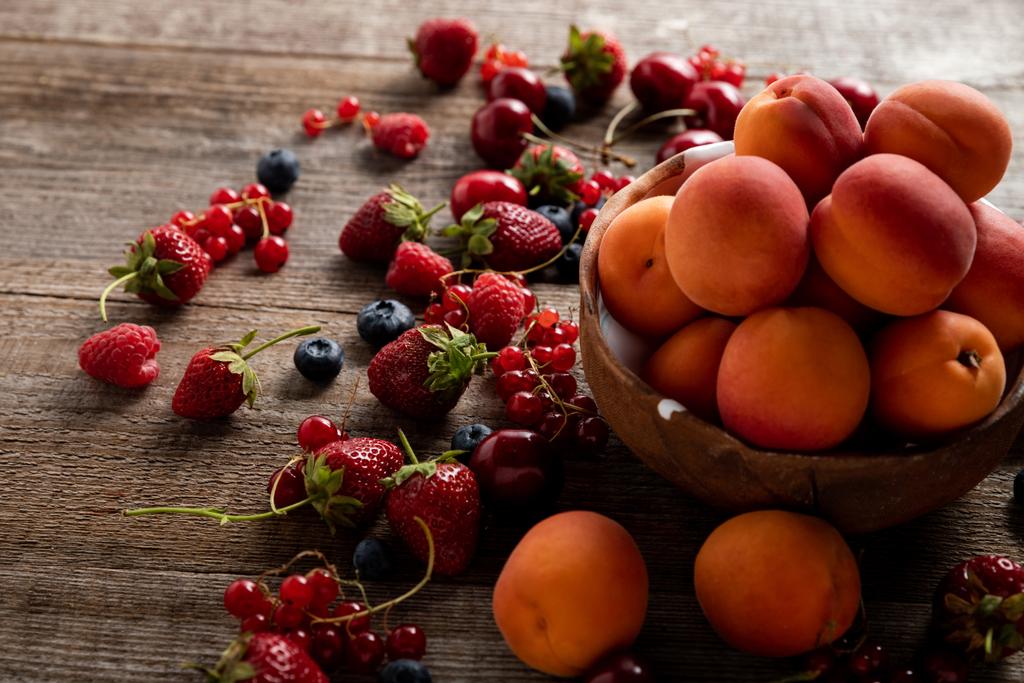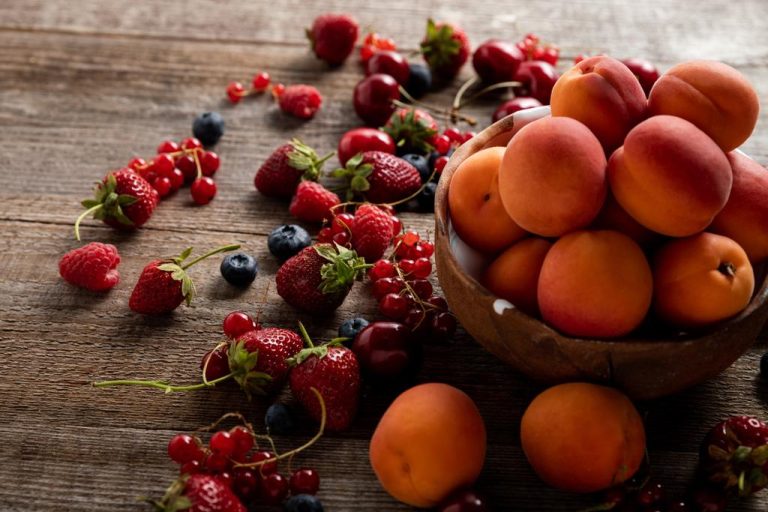The stroke is due to a circulatory disorder in the brain. In many cases, so many brain cells die that the patient suffers permanent damage. But there are ways to prevent a stroke.
Prevent stroke: The right diet cleans your arteries
The result was shown by a European study that examined the connection between eating habits and the risk of stroke. Around 420,000 people from nine countries took part in this study. They have been observed over a period of several decades. According to the experts, the effects found are due to the effect of the corresponding foods on blood lipid levels and blood pressure. It was found that excessive consumption of red or processed meat increases the risk of ischemic stroke.
Suffering from a stroke: Third leading cause of death
Four out of five strokes are ischemic attacks. This is also referred to as a so-called “cerebral infarction”. A blood vessel supplying the brain narrows or closes and there is an insufficient supply of nutrients and oxygen to an area of the brain. In addition to the “cerebral infarction”, there is another type of stroke, which accounts for 20 percent of all strokes. It is referred to as a hemorrhagic attack or cerebral hemorrhage.
The bursting of a blood vessel leads to an undersupply of oxygen and nutrients to the brain tissue behind it. In addition, escaping blood can put pressure on surrounding areas of the brain, causing additional damage.
But no matter what type of stroke the person suffers, neurological deficits are often the result. Professor Doctor Wolfgang-Rüdiger Schäbitz, press spokesman for the German Stroke Society, emphasized, “Precisely because stroke is still one of the main causes of death in Europe, prevention is particularly important.”
Different effects of foods can reduce the risk of stroke
The effect of food on the risk of stroke varied between different species. As mentioned above, the participants who suffered an ischemic stroke had consumed more red and processed meat. The negative effect of the meat could, for example, be offset by a whole-grain diet. The positive effects of a diet with whole grain products, lots of fruit and vegetables, nuts and seeds, as well as cheese and other dairy products were proven in all analyzes and showed that it is possible to reduce the risk of stroke.
“On the other hand, these nutritional factors do not seem to have a protective effect on the risk of cerebral hemorrhage,” explained Professor Hans-Christoph Diener, spokesman for the German Neurological Society.
The available results showed only one connection. Only the consumption of eggs significantly increased the risk of a hemorrhagic stroke.
The 5 most important risk factors for stroke – in addition to diet
Smoking, alcohol, stress, an unhealthy diet and too little exercise are – as with other diseases in old age – risk factors that favor a stroke. Medicine has formulated a total of five known risk factors that can trigger a stroke – and which you should therefore avoid.
The 5 most common risk factors for stroke are:
high blood pressure
High cholesterol levels
diabetes mellitus
Smoking
obesity and lack of exercise

